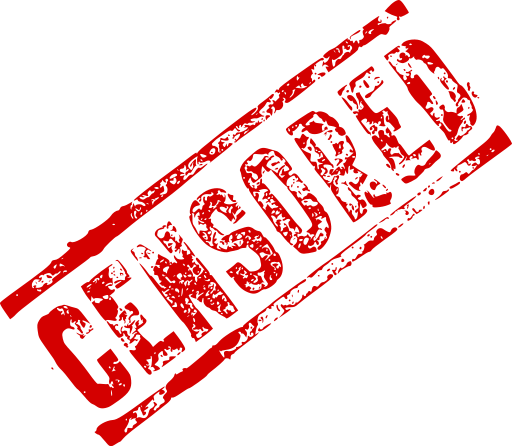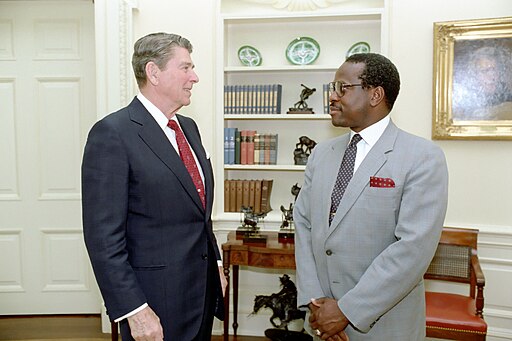The RESTRICT Act — currently winding its way through Congress — would empower the US Commerce Department to “identify, deter, disrupt, prevent, prohibit, investigate and mitigate transactions” that “pose an undue or unacceptable risk to U.S. national security or the safety of U.S. persons.”
The RESTRICT Act’s more common name in the popular consciousness is “the TikTok ban,” even though the bill doesn’t mention TikTok and pretty much allows the US government to ban (well, try to ban, anyway) any Internet app which the government finds inconvenient to its purposes in any given way at any given time.
What’s a “transaction?” The bill defines it as “any acquisition, importation, transfer, installation, dealing in, or use of any information and communications technology product or service, including ongoing activities such as managed services, data transmission, software updates, repairs, or the provision of data hosting services.” In other words, any action taken on the Internet.
Oh, and despite some contrary claims by “fact checkers,” the use of Virtual Private Networks. The bill explicitly covers any “transaction” “designed or intended to evade or circumvent the application of this Act,” and VPNs are certainly designed to do exactly that.
What determines whether a transaction endangers “national security?” A politician or bureaucrat has to assert that it involves an “adversary” (not an “enemy” — the US hasn’t declared war on another nation in more than 80 years) of the United States, namely China, Cuba, Iran, North Korea, Russia, Venezuela, or any other country the Secretary of Commerce might happen to take a sudden dislike to.
What are the penalties for conducting prohibited “transactions?” Civil fines of up to $250,000, criminal fines of up to $1 million, and prison sentences of up to 20 years.
Politicians love to quack about “buy American,” but in this case they seem to be intent on going with an import. The RESTRICT Act is just a clone of the Great Firewall of China (and the Internet restrictions imposed by those other “adversaries”).
My mother taught me to never complain about something without proposing an alternative, so here goes:
Instead of letting the politicians RESTRICT us, why don’t we RESTRICT them in their attempts to “reduce” us, as the Declaration of Independence puts it, “under an absolute despotism?”
How? Well, that’s the sticky part. The Constitution, even with a clearly written First Amendment has clearly failed to protect us from the depredations of the political class such as the unambiguously unconstitutional RESTRICT Act. So has choosing “representatives” in “elections.” They’re the very people pulling this kind of shenanigans on us!
What they’re trying to do, in so many words, is use legislation to make peaceful revolution impossible. And as JFK warned us in 1962, doing that makes violent revolution inevitable.
Thomas L. Knapp (Twitter:@thomaslknapp) is director and senior news analyst at the William Lloyd Garrison Center for Libertarian Advocacy Journalism (thegarrisoncenter.org). He lives and works in north central Florida.
PUBLICATION/CITATION HISTORY



